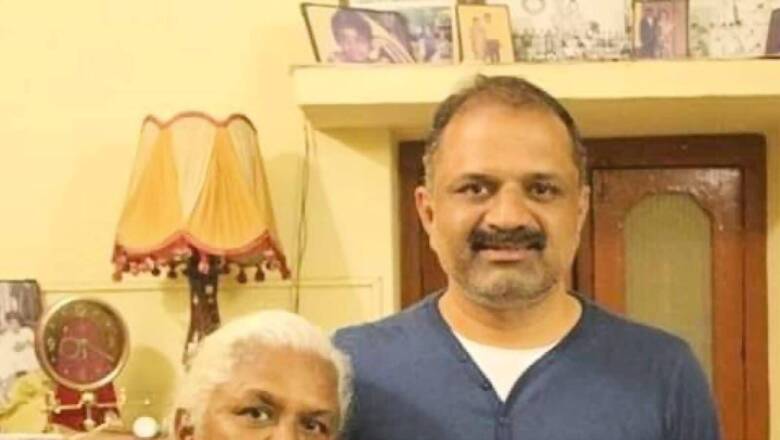
views
In a historical verdict, the Supreme Court on Wednesday ordered the release of AG Perarivalan in the Rajiv Gandhi assassination case. Perarivalan is one of the six convicts, including Nalini Sriharan and her husband Murugan, a Sri Lankan national. The Supreme Court took into consideration Perarivalan’s more than 30-year-old-long incarceration.
The Supreme Court bench invoked special powers under Article 142 of the Indian Constitution for his release. The bench held that governor’s lack of decision in Perarivalan’s pardon plea validated his release under Article 161.
Perarivalan was 19 years old when he was arrested in 1991 for buying two nine-volt batteries that were used to trigger the belt bomb that killed former prime minister Rajiv Gandhi. Perarivalan was booked under the Terrorism and Disruptive Activities (Prevention) Act (TADA) along with other accused.
Gandhi was assassinated at an election rally in Tamil Nadu on May 21 night, 1991, by a woman suicide bomber, identified as Dhanu. Dhanu along with 14 others were killed in the explosion.
The Special Investigation Team (SIT) booked 41 accused, including 12 dead, three absconding before a special TADA court in Chennai. In January, 1998, the court sentenced 26 accused, including Perarivalan and Nalini to death.
The Supreme Court had in 1999 upheld the death sentence of four convicts – Perarivalan, Nalini, Murugan and Santhan.
On the basis of public appeal made by Sonia Gandhi and recommendation of the state government, the Tamil Nadu governor commuted the death sentence of Nalini to life term in April 2000.
Perarivalan, Santhan and Murugan submitted their mercy petitions to the President of India in 2001. After 11 years, then President Pratibha Patil rejected their pleas.
Former chief minister J Jayalalithaa passed a resolution to commute death sentence of three convicts whose execution orders were stayed by the Madras High Court in 2011.
Justice KT Thomas, who headed the Supreme Court bench in 1999, said it would be “unconstitutional” if they would be hanged after 23 years. The Indian Express quoted him as saying, “This appears to be a third type of sentence, something which is unheard and constitutionally incorrect. If they are hanged today or tomorrow, they will be subjected to two penalties for one offense.”
A former CBI investigation officer had revealed that he had ignored the important part of Perarivalan’s confession and that he did not know the battery that he had bought would be used to making the bomb. Officer Thiagaranjan had expressed regret that Perarivalan had to spend three decades in jail for the crime he had not committed.
The top court on February 18, 2014, commuted Perarivalan’s death sentence to life imprisonment, along with Santhan and Murgugan on the basis of 11-year delay in the mercy petition by the Centre.
In 2015, Perarivalan submitted a mercy plea to the Tamil Nadu governor seeking release. He then moved the Supreme Court when he received no reply from the governor.
The state government granted him parole for the first time in 2017 after his arrest in 1991.
Then chief minister Edapaddi K Palanaswami recommended the release of all seven convicts in September, 2018.
The Supreme Court ordered the Tamil Nadu government to take decision and warned the release of the convicts citing inordinate delay. The governor sent the file to the President despite it being a state recommendation.
In June 2021, Perarivalan’s mother Arputhammal released a video on social media pleading chief minister MK Stalin to get his son permanently released.
The Supreme Court granted bail to Perarivalan after 32 years in March, 2022. The court had said, “Taking into account the fact that the applicant has spent over 30 years in prison, we are of the considered view that he is entitled to be released on bail, in spite of the vehement opposition by the Centre.”
Read all the Latest India News here




















Comments
0 comment